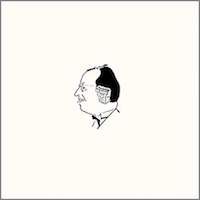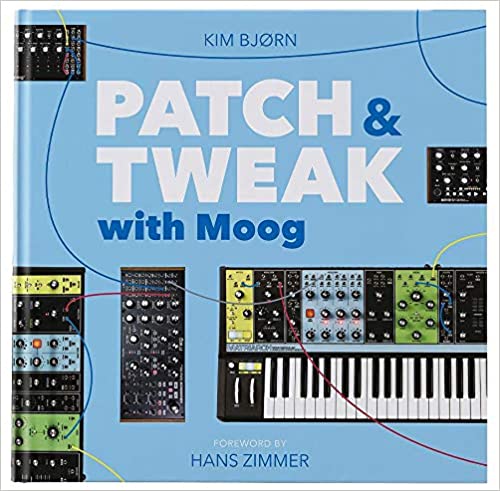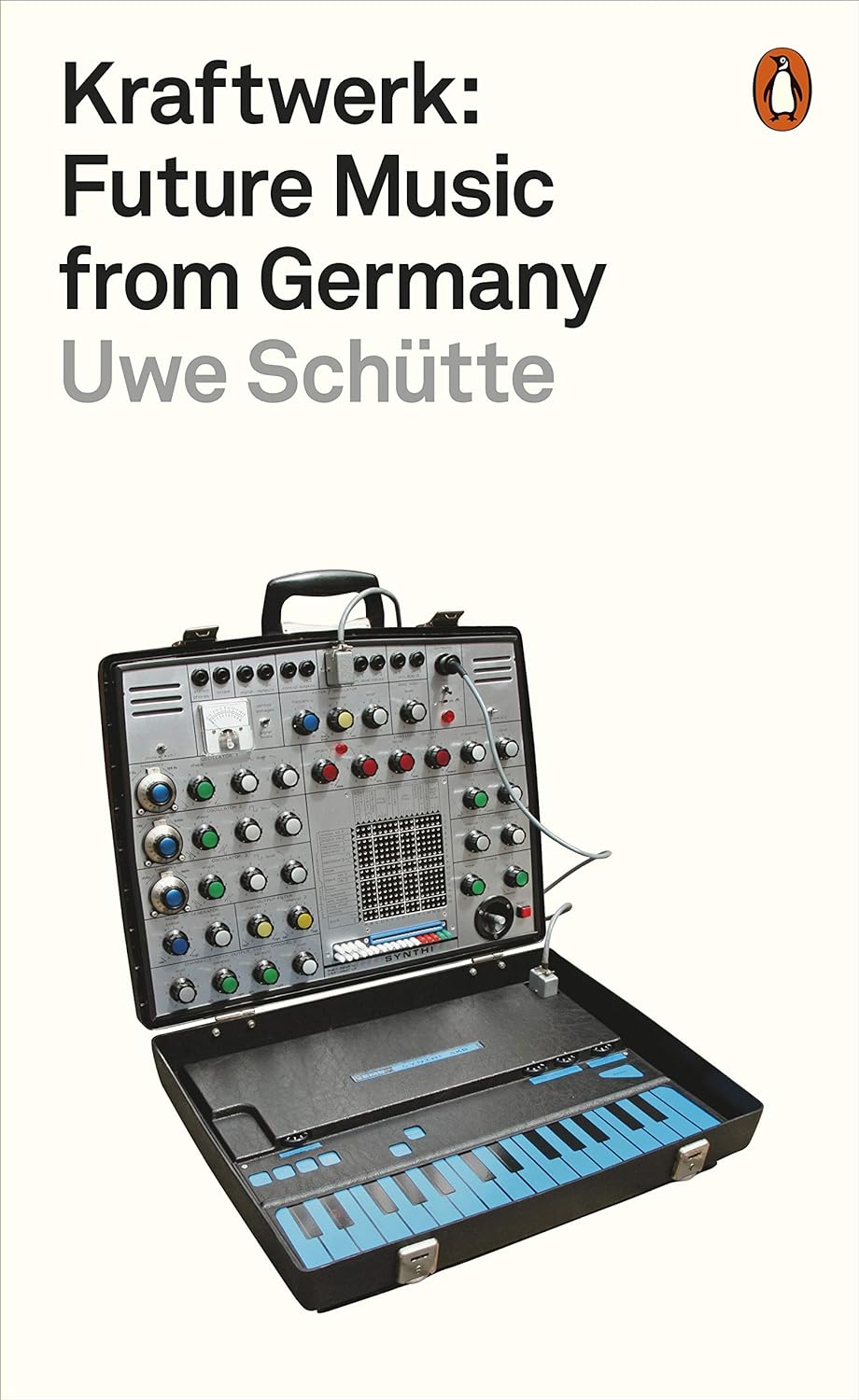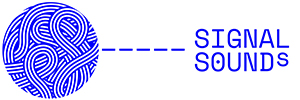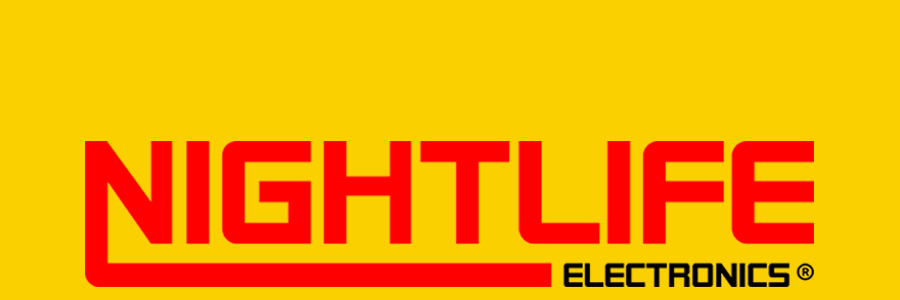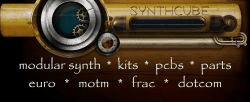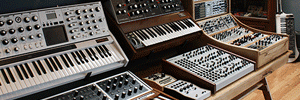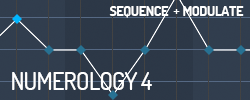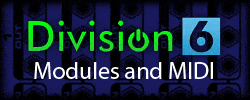"The Roland MKS-80 Super Jupiter has become infamous as the Roland synth to own. It's often referred to as a rackmount Jupiter 8, although its voice card design is shared with the Jupiter 6. The MKS-80 has several advantages over the keyboard Jupiters, the least of which being size and weight, although the velocity response, RAM cart storage, and sysex implementation isn't anything to sneeze at either.
The MKS-80 features a similar voice architecture to the others in the Jupiter line: two oscillators, noise source, LFO, two invertable envelopes, resonant low pass filter, high pass filter, and chorus. The oscillators feature cross modulation in addition to several waveforms and pulse width modulation. The MKS-80 responds to velocity which can modulate envelope times and levels, and the envelopes feature more modulation destinations than the other Jupiters. The unit retains sixty-four tones in memory, which can be layered or split with tuning offsets and key ranges and stored in one of the sixty-four patch locations. An additional 128 patches and tones can be stored on an MC-64 RAM cartridge. One feature not found on the other synths in the MKS lineup is an auto-tune button - and you will need to hit this button often, as the MKS-80 features true analog oscillators. The MKS-80 has four voice modes: Poly 1, Poly 2, Unison 1, and Unison 2. Poly 2 is unique in that each voice board (four voices) operates in unison until more than two keys are pressed, and which time it reverts to normal poly mode. This is great for leads, retaining the mono unison sound but permitting overlapping notes and a chord here and there.
Note: There are two revisions of the MKS-80. The rev 4 (serial numbers up to and including 511799) features CEM3340 oscillators, Roland IR3109 filters, and CEM3360 VCAs. The rev 5 (serial number 511800 and later) featured Roland IR3R03 oscillators and IR3R05 combination filter/VCAs."















